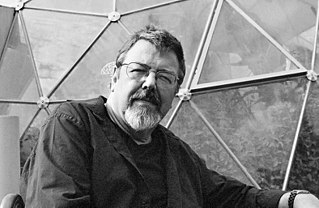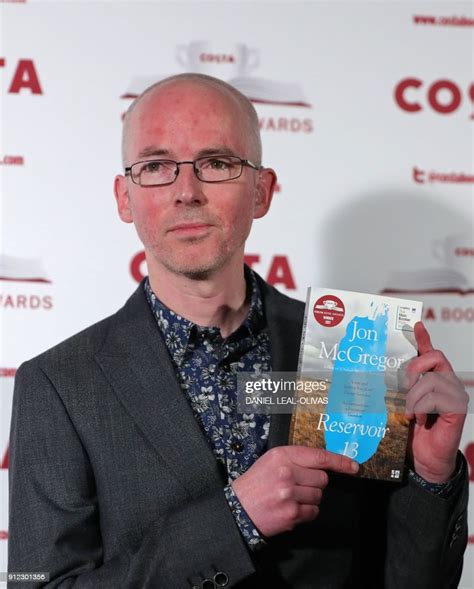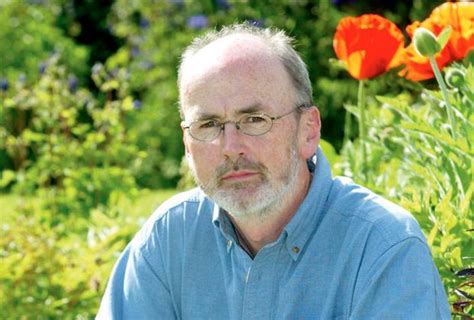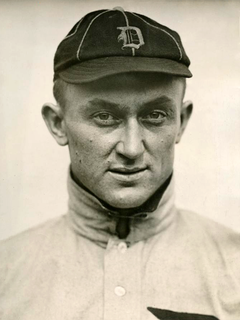A Quote by Geoff Nicholson
Walk some night on a suburban street and pass house after house on both sides of the same street each with the lamplight of the living room, shining golden, and inside the little blue square of the television, each living family riveting its attention on probably one show; nobody talking; silence in the yards; dogs barking at you because you pass on human feet instead of wheels.
Related Quotes
When you have to pass a law to make a man let me have a house, or you have to pass a law to make a man let me go to school, or you have to pass a law to make a man let me walk down the street, you have to enforce that law and you'd have to be living actually in a police state. It would take a police state in this country.
Down the street the dogs are barking And the day is getting dark. As the night comes in a-falling, The dogs´ll lose their bark And the silent night will shatter From the sounds inside my mind, For I´m one to many mornings And a thousand miles behind. From the crossroads of my doorstep, My eyes they start to fade, As I turn my head back to the room Where my love and I have laid.
If you listen, you can hear it. The city, it sings. If you stand quietly, at the foot of a garden, in the middle of the street, on the roof of a house. It's clearest at night, when the sound cuts more sharply across the surface of things, when the song reaches out to a place inside you. It's a wordless song, for the most, but it's a song all the same, and nobody hearing it could doubt what it sings. And the song sings the loudest when you pick out each note.
The first thing I did when I got inside was turn on the kitchen light. Then I moved to the table, putting my dad's iPod on the speaker dock, and a Bob Dylan song came on, the notes familiar. I went into the living room, hitting the switch there, then down the hallway to my room, where I did the same. It was amazing what a little noise and brightness could do to a house and a life, how much the smallest bit of each could change everything. After all these years of just passing through, I was beginning to finally feel at home.
We do not know what awaits each of us after death, but we know that we will die. Clearly, it must be possible to live ethically-with a genuine concern for the happiness of other sentient beings-without presuming to know things about which we are patently ignorant. Consider it: every person you have ever met, every person you will pass in the street today, is going to die. Living long enough, each will suffer the loss of his friends and family. All are going to lose everything they love in this world. Why would one want to be anything but kind to them in the meantime?
Fame it's like... When you look through a window, say you pass a little pub, or an inn. You look through the window and you see people talking and carrying on. You,can watch outside the window and see them all being very real with each other. But when you walk into the room, it's over. I don't pay any attention to it.
Building places that are worth living in and worth caring about require a certain attention to detail, and of a particular kind of detail that we have forgotten how to design and assemble. And that involves the relationship of the buildings to each other, the relationship of the buildings to the public space, which in America, comes mostly in the form of the street. Because it's only the exceptional places in America that have the village square or the New England green. You know. The street is mostly the public realm of America. And we have to design these things so that they reward us.
In Vienna, when I was a year-and-a-half or two years-old. I remember it because I remember the little blue raincoat I used to wear, and how the buttons felt. I liked to walk on the street in front of our house when it was raining, and jump into all the puddles. That's weird, but that's my earliest memory.
Do you have doubts about life? Are you unsure if it's worth the trouble? Look at the sky: that is for you. Look at each person's face as you pass on the street: those faces are for you. And the street itself, and the ground under the street and the ball of fire underneath the ground: all these things are for you. They are as much for you as they are for other people. Remember this when you wake up in the morning and think you have nothing. Stand up and face the east. Now praise the sky and praise the light within each person under the sky. It's okay to be unsure. But praise, praise, praise.




































